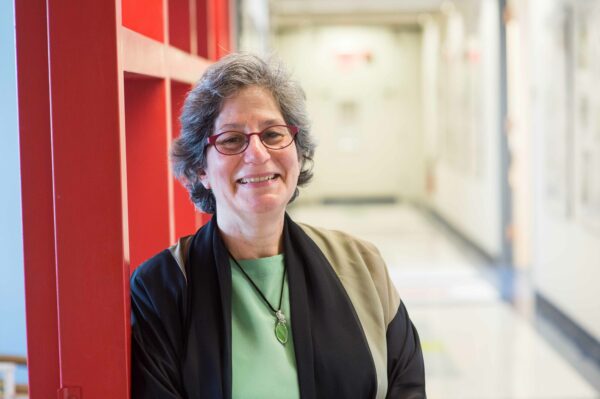Host: The Royal Swedish Academy of Sciences

Humans have faced a series of national and global environmental challenges in the past half-century, including smog, the use of lead in gasoline, ozone depletion, and much more. This talk reveals how combinations of science, public policy, industry participation, and the engagement of citizens succeeded in addressing past environmental challenges. Finally, I probe how the lessons learned help us understand how to better manage today’s environmental problems, including climate change.
Susan Solomon is internationally recognized as a leader in atmospheric science, particularly for her insights in explaining the cause of the Antarctic ozone “hole”. She and her colleagues have also made important contributions to understanding chemistry/climate coupling, including leading research on the irreversibility of global warming linked to anthropogenic carbon dioxide emissions, and on the influence of the ozone hole on the climate of the southern hemisphere. Her current research focusses on both atmospheric chemistry and climate change. She is a member of the National Academy of Sciences, and has received many honors for her work including the highest scientific award in the U. S., the National Medal of Science, as well as the Crafoord Prize of the Royal Swedish Academy of Sciences.
The Royal Swedish Academy of Sciences occasionally record and photograph during its events. Photographs and video footage will be processed by the Academy and submitted to third parties for processing. Photographs and videos may also be used in our communication activities to provide information about the Academy’s activities in any of the digital and/or printed channels used by the Academy. If you do not consent to this or have other questions about our processing of personal data, please call us on +46 8 673 95 00, or email kva@kva.se
Read more about how the Academy processes your personal data